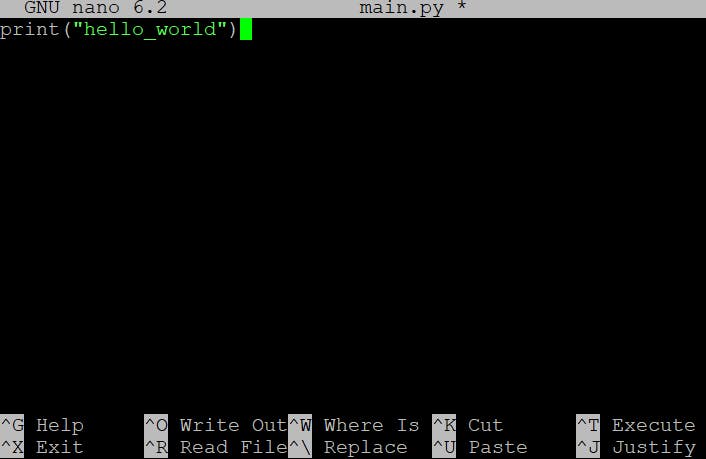I'm in and out of server boxes all day using terminals and screen sessions. Making edits to files, setting up cron jobs, creating docker containers and monitoring data pipelines. Below are the top 5 commands I use every day.
1
cd and cd ..
Navigate to a directory
cd MyFolderNavigate back a directory relative to your current path. If current path is
/home/user/MyFolderexecutingcd ..will bring you to/home/user
2
ls and ls -ls -h
- List all contents in current path.
lsexecuted while on path./MyDirectorywill listmain.py,profile_pic.jpgandcreds.txt
├── MyDirectory
│ ├── main.py
│ └── profile_pic.jpg
└── creds.txt
- List all contents and it's attributes in current path AND in human-readable (
-h)format. ie.main.pyis 903 bytes in size usingls -ls -h
-rw-rw-r-- 1 adam adam 0 Dec 20 09:49 creds.txt
-rw-rw-r-- 1 adam adam 903 Dec 20 09:49 main.py
-rw-rw-r-- 1 adam adam 0 Dec 20 09:49 profile_pic.jpg
3
pwd
- Prints the full name of the path in the current working directory.
pwdwhile inMyDirectorywould hypothetically print/home/user/MyDirectory/
4
nano
- nano is a terminal file editor, nano does not always come pre-installed with every flavor of Linux. To create and start to edit a brand new text file:
nano main.pywill create a file called main.py and bring you right into the text editor.

5
cp
Copy a single file.
cp <source> <destinationpath_and_filename>To copy
main.pyand place it in the same directorycp main.py main_copy.pyTo copy
main.pyto a new directory, first create the directorymkdir NewFolderand copy main into itmain.py NewFolder/main_copy.py

